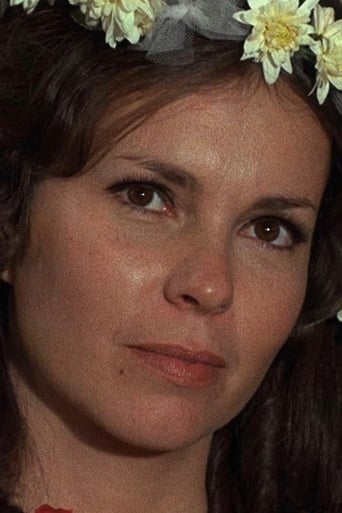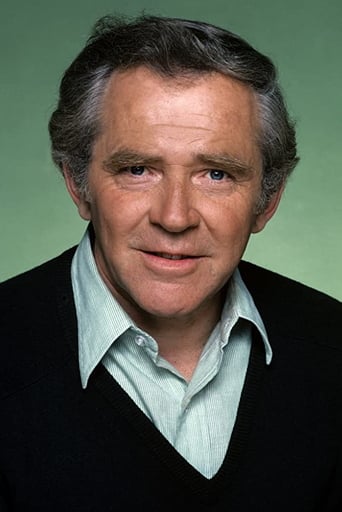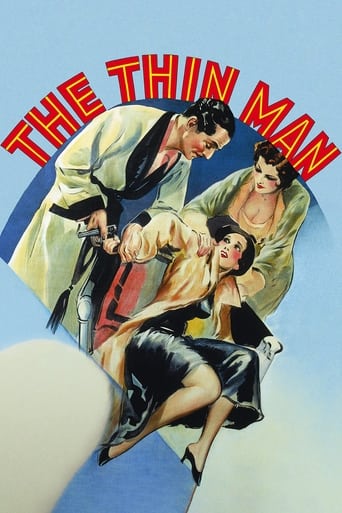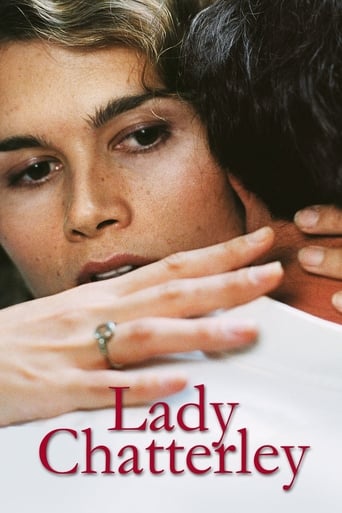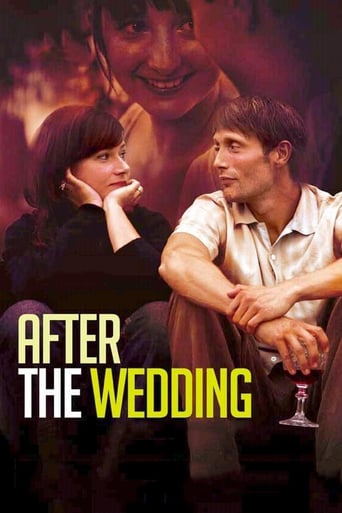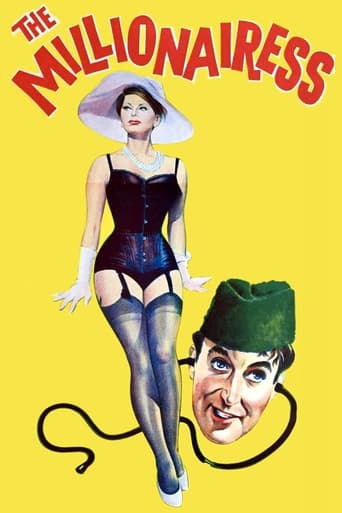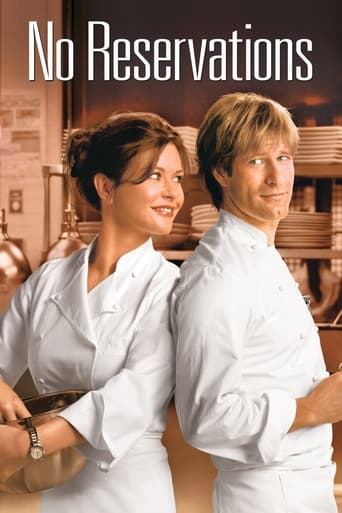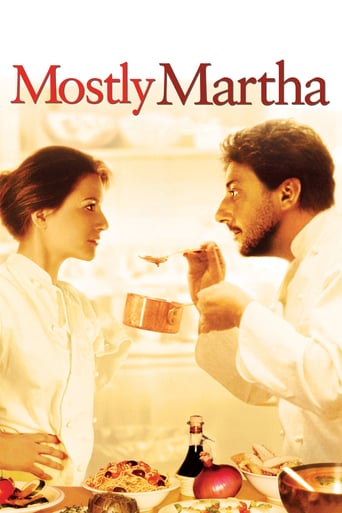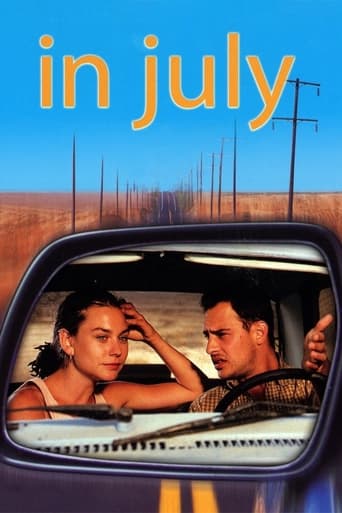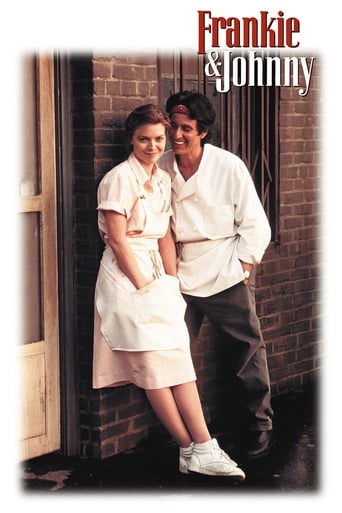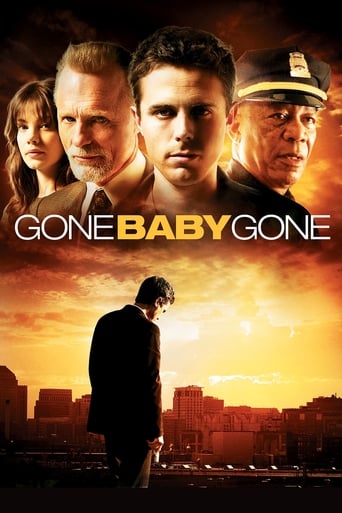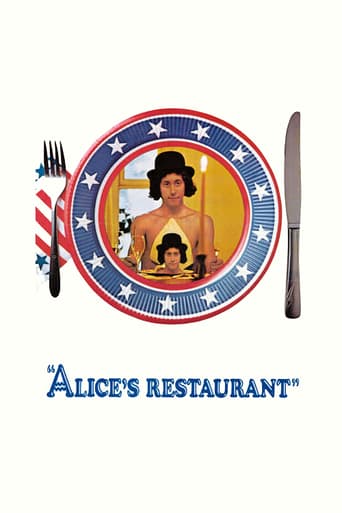

Alice's Restaurant (1969)
After getting kicked out of college, Arlo decides to visit his friend Alice for Thanksgiving dinner. After dinner is over, Arlo volunteers to take the trash to the dump, but finds it closed for the holiday, so he just dumps the trash in the bottom of a ravine. This act of littering gets him arrested, and sends him on a bizarre journey that ends with him in front of the draft board.
Watch Trailer
Cast


Similar titles
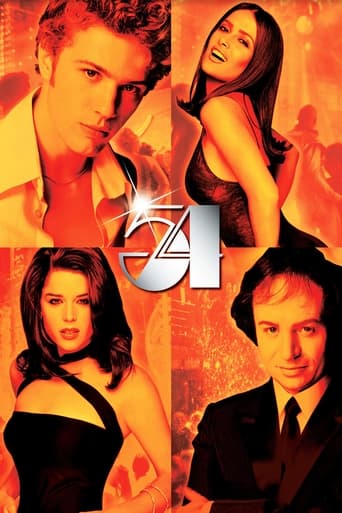
Reviews
It's difficult, and somewhat unfair, to judge any artistic work based on the prejudices and attitudes of today, yet one can't go back in time and judge them from those of its own era. The best one can do is critique from known and accepted principles, in this case, a film, on acting, story and execution. On acting, it's hit and miss. The best actor is evened out by the worst, so it's a wash. On story, it's an idea, not a plot; a rambling series of incidents portraying the time--to that, it's a disjointed mess. Sad instead of poignant; whimsy instead of humor; bathos instead of drama. On execution, well it is Arthur Penn so it does have a certain flair, a certain style, yet it never catches hold; the themes are muddled and unclear; the characters are at times more pathetic and irritating than involving; oddly joyless. The editing is also haphazard. If Penn was going for "a statement" he instead created "a comment;" a cinematic throat-clearing. It's fine to make a film that creates more questions than answers, but the viewer is left to puzzle things out that shouldn't have been a puzzle, which just creates more mud. In the end, AR is of its time, one long past, and in hindsight perhaps best left on the shelf, for as the one thing the film does show is that "the hippie dream" was born in false freedom, filth, suspect mysticism and beliefs, and ended--like the movie--in confusion, sadness, heartbreak, and an eventual acceptance of society norms.
Of course the film "Alice's restaurant" is mainly meant to be an homage to Arlo Guthrie, who plays the leading part. However he was not my primary focus, since my curiosity had been aroused more by the social context of the narrative. Thanks to other visitors of IMDb I discovered the film on the message board of Hair, where it is praised as an accurate portrayal of the 68 generation. I could have been a part of this movement, and wonder if I have missed something. The setting of Alice's restaurant is an abandoned catholic church, which has been bought by Ray and Alice, and becomes the home of an irregular group of hippies. Together they form a loose commune. Just like in Hair (the musical) there is no real plot, but a chain of events which express the overall atmosphere. There is music, free sex, soft drug abuse and some harassment by conservative bumpkins. In the background the war in Vietnam looms, since most of the male hippies are eligible for compulsory military service. This uncertain future and the outlook of an early death may be a factor explaining the hedonistic attitude of the group. Every day should be a party, and there is a lack of discipline. For instance, their garbage is simply dumped along the road. Alice is devoted to the prosperity of her restaurant, and becomes increasingly frustrated by the irresponsible behavior of the others. She gets little support from her boy friend Ray, who suffers from impatience and a somewhat violent nature. He clearly has leadership qualities, and entrepreneurial greediness. Although Alice needs him, he hardly seems to be her ideal partner. Evidently we are supposed to identify with Guthrie, who plays the friendly and responsible youth. He rejects sexual intercourse with a teenage fan and with an older Maecenas, and finds his own Yoko Ono. He regularly visits his dying father, the illustrious Woody Guthrie. A climax is the medical examination for the military service, where Arlo pretends to possess a violent attitude. In secret he hesitates whether he will refuse service. Eventually his conviction for dumping garbage helps him to be rejected - which makes you ponder. In conclusion the film is a challenging but not political produce. For instance, the group was not involved in squatting, like in the film "The anarchist cookbook". For Ray actually bought the church and had the capital to renovate it. Probably neither Guthrie nor United-Artists / Metro-Goldwyn-Mayer had the desire to provoke. The necessity to promote Guthrie limits the critical scope of the film to a moderate appeal for peace. The Swedish film Tillsammans (Together) describes life in the commune in the same vein, but gives a better elaboration on the social themes (sexuality, meditation, consumerism, socialism, durability). And Strawberry Statement is superior in portraying social resistance and protest. If you like such films, consider seeing my other reviews. Nevertheless, Alice's restaurant is worth watching.
This is such a beautiful movie. In some ways, Arthur Penn was truly the cinematic voice of the '60s, at least in America. The decade was a mass of contradictions, and, no, I don't think I'm the first to say that. In the face of Vietnam, racism, and political division, young people everywhere suddenly pulled together, until drugs pulled them apart. The casualties weren't all on the battle fields of Southeast Asia, as Penn and Herndon's screenplay aptly demonstrates. Comedy and tragedy go hand in hand in this adaptation of Arlo Guthrie's simple-minded (yet edgy) song. I can still recall the chill I felt at Shelly's funeral--"Songs for Aging Children," indeed! But this is really Alice and Ray's story. Drugs may have been the Trojan Horse that ultimately destroyed the movement, but the sexual revolution put the troops in disarray. It's fine to say that we are free, even in marriage, but somebody always suffers. The iconic final scene, of Alice in her wedding dress standing at the church door, is a haunting reminder of the ambivalence we all felt at the end of the '60s. And what a memorable performance from Pat Quinn!
This movie changed my life. The whole lifestyle of the people, always looking out for one another just really made me think. It depicts the harsh reality that the young free spirit long hair society had to live in, yet always keep the bright side of things. It shows how even with all the peace love and happiness, the pressure of the world can make you crumble, and break down. It shows the transition from the people of the depression to the hippies. It has my favourite billboard campaign ever. And I wish i could get a picture, the whole "Keep America Beautiful, Cut your Hair" Idea. There was one scene that brings a tear to my eyes, when they are in the cemetery and the one girl is playing Joni Mitchel's Song to aging children. It just moved me. Definitely worth watching again and again. On another note, apparently, you would want to look into this, but the Trinity Church that Ray and Alice live in is still around and is like a shrine type thing now. Also apparently, I don't know the truth to it but Arlo still plays there now and then, which wouldn't surprise me because he still plays, he's playing a 38th anniversary for Woodstock on August 15th 2007, at the original site of Woodstock in Bethel.



